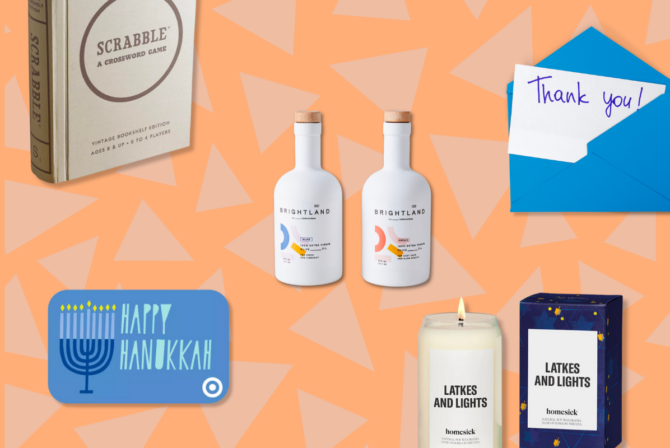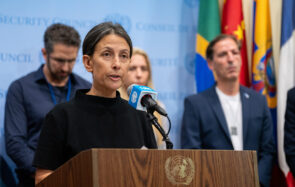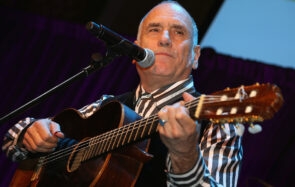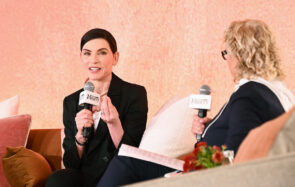Jewish sex therapistDr. Ruth Westheimer— who turns 93 years young on June 4 — is something of a national treasure. By all accounts, she’s led a remarkable life, from surviving the Holocaust to serving as a sniper in Israel’s pre-State army to launching her groundbreaking radio show, “Sexually Speaking,” in New York in the 1980s. She may only be four feet, seven inches tall, but when Dr. Ruth talks, peoplelisten. So when she spoke with theAtlanticlast week about finding love after the pandemic, you can imagine we were all ears.
In Westheimer’s conversation with the Atlantic’s Emma Green, we were expecting to hear about love andsex, Westheimer’s specialty and reflective of the article’s title: “Dr. Ruth on Finding Love After the Pandemic.” Instead, we found ourselves deeply moved by Westheimer’s words — specifically, how she credits her loving Jewish family, and not thehardshipsshe’s overcome, for her strength and resilience today.
In the interview, Green asksWestheimerabout how she coped with the loneliness of the pandemic. As a widow of 20-plus years, Westheimer admits to bouts of loneliness — which she says she immediately addresses with a list ofpositive things in her life.(“In that respect, I’m a very good therapist for myself,” she quips.)
Westheimer also related this time to her experience traveling on aKindertransport从德国到瑞士10岁。帖前e children suffered traumas and many became orphans. And yet, Westheimer notes that she conducted a study of all 50 of her peers who made the same journey, and found that “none of them became clinically depressed,” she says. “None of them committed suicide. None of them fell by the wayside.”
And yet, she adds: “Nobody else but me became Dr. Ruth!”
And for that, Westheimer credits her lovingJewish familyin Frankfurt: “The early socialization, the early years of my childhood, were in a loving family,” she says. “All of us were in a loving household. That’s what helped us to survive. And I think that that’s what helped me right now, again.”
Honestly, after trying our best to support our kids through this exceedinglyrough pandemic year, these words mean so much. Despite the traumas our kids endured — from the loss of in-person playdates to the death of loved ones — there’s hope that our children will bounce back from this experience stronger than ever.
Later in the conversation, Westheimer also creditsJewish values, which were instilled in her at a young age, for her resilience. Though she certainly lived through what Green calls “big moments in history,” she’s bounced back every time.
“This is all due to my early socialization in anOrthodox Jewishhome, with a grandmother who said, ‘Trust in God,’” Westheimer says. “That kept me throughout my life. Now I’m going to be 93.” (Happy birthday, Dr. Ruth!)
当然,面试也塞满了post-pandemic relationship advice, from using this optimistic time to find a partner,to having sexwhen you think the time is right, to using protection with new partners to avoid STIs. (She cautions: “Don’t hop into bed just because you didn’t have sex for a year and a half.”)
She also gives readers a piece of general advice: When meeting new people or catching up after a long time, “stop constantly talking about how difficult it was!” she says. Instead, she suggests choosing a more positive topic of conversation.
Westheimer’sstrength is admirableand very unique — and she knows this. Toward the end of her interview, she tells Green, “I also know I am an endangered species. That’s the word I use for myself. I know what I don’t do. I don’t go into a crowd — not because of my philosophy, but because I’m too short.” (Yep, petite Jewish women of the world, I know you’re feeling this!)
Our hearts are truly warmed by this vulnerable interview, and we are constantly in aweof Westheimer. We will do our best to follow her sage advice!
Header image by Dia Dipasupil/Staff/Getty Images








